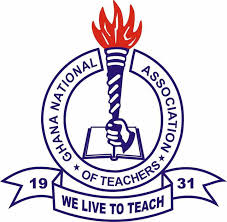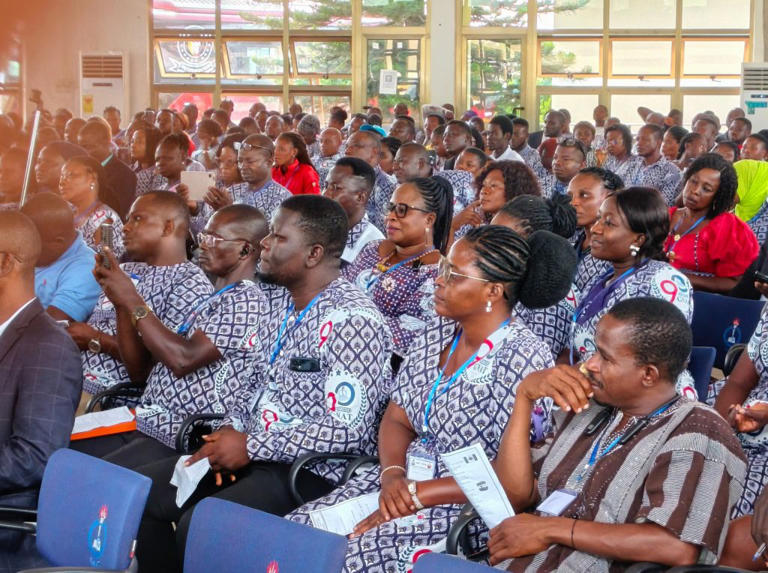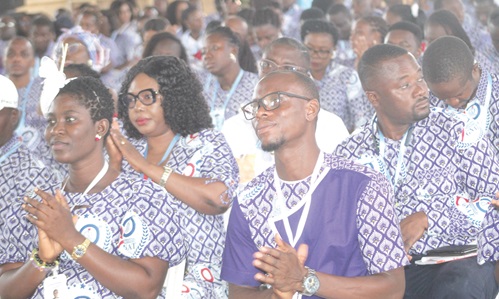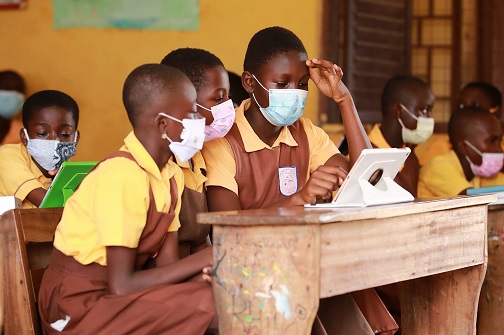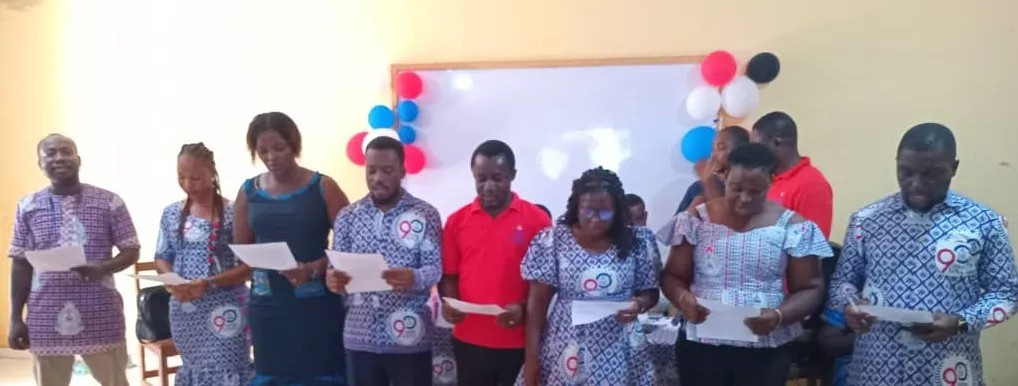The Ghana Education Service (GES) has officially released the academic calendar for the upcoming 2025/2026 academic year, providing a clear roadmap for Kindergarten (KG), Primary, and Junior High Schools (JHS) across the nation.
The detailed schedule aims to ensure academic stability and provide ample preparation time for students, especially those sitting for the crucial Basic Education Certificate Examination (BECE).
In a press statement signed by Daniel Fenyi, the recently appointed Head of Public Relations at GES, the education body outlined the comprehensive dates for reopening, vacations, mid-term breaks, and examination periods for all three terms.
Mr. Fenyi's appointment was lauded for its potential to improve transparency and stakeholder engagement, particularly given past concerns about communication gaps within the GES.
The first term of the 2025/2026 academic year is set to commence on Tuesday, September 2, 2025, and will conclude on Thursday, December 18, 2025.
Students and teachers will then enjoy a Christmas vacation from Friday, December 19, 2025, to Tuesday, January 7, 2026. A mid-term break is also scheduled for October 31 to November 3, 2025, offering a brief respite during the demanding term.
The second term will pick up on Wednesday, January 8, 2026, running until Wednesday, April 1, 2026. This will be followed by an Easter vacation from April 2 to April 20, 2026. The third and final term of the academic year is slated to begin on Tuesday, April 21, 2026, and will officially end on Thursday, July 23, 2026.
BECE timelines and educational context
A critical highlight of the newly released calendar is the scheduling of the Basic Education Certificate Examination (BECE).
This pivotal examination, which marks the completion of junior high school and serves as the gateway to senior high schools and technical institutes in Ghana, has been set to take place from Monday, May 4 to Monday, May 11, 2026.
This timing ensures that candidates receive ample preparation time following the conclusion of their second term, a factor often emphasised by educators and parents.
Ghana's education system operates on a 6-3-3-4 structure (6 years primary, 3 years JHS, 3 years SHS, 4 years university).
The BECE is administered by the West African Examinations Council (WAEC), and its results are crucial for student progression to the senior high school level, where over 375,000 students typically take the exam annually across core and elective subjects.
Historically, BECE performance, especially in English and Mathematics, has been a focus area for educational reforms, with calls for improved foundational learning outcomes.
The new calendar's aim to provide sufficient preparation time implicitly acknowledges the importance of these outcomes.
The GES has further clarified that all public holidays falling within the academic calendar will be duly observed, and a two-day mid-term break will be implemented in each term to provide necessary rest for both students and teachers.
This structured approach is part of the Service's broader commitment to optimising contact hours and ensuring a conducive learning environment.
In its statement, the GES extended appreciation to all stakeholders – including school administrators, teachers, parents, and students – for their collective efforts and dedication throughout the current academic year, which officially concludes on Thursday, July 24, 2025.
The Service urged everyone involved in the education sector to note the new calendar and make all necessary preparations to guarantee a productive 2025/2026 academic year.
This release comes as Ghana's education sector undergoes various strategic reforms. In February 2025, a new Senior High School curriculum began rolling out, emphasising 21st-century skills, critical thinking, and Ghanaian values.
Additionally, Parliament approved a GH¢31 billion education budget for 2025, with plans to waive academic fees for all first-year students in public tertiary institutions, highlighting a comprehensive drive to enhance access and quality across all levels of Ghana's education system.
The timely release of the academic calendar underscores GES's reaffirmed commitment to maintaining academic stability and providing timely information for the effective operation of schools in line with national education goals.

